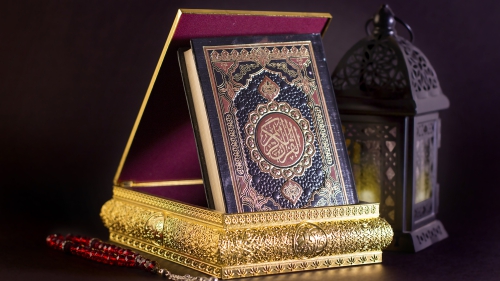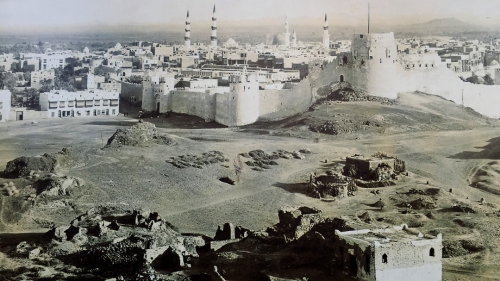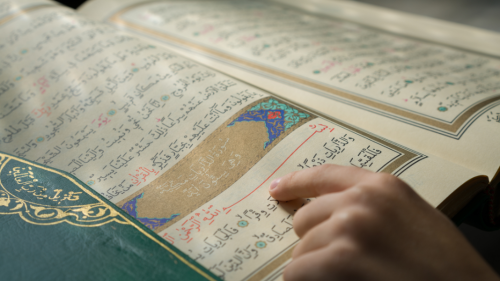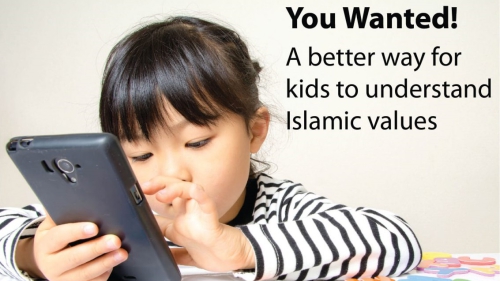Character Education with Chess
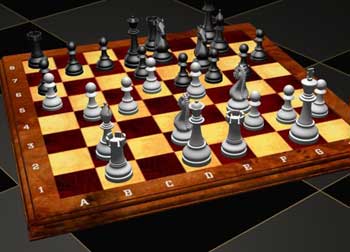 |
Chess is a board game that originated in ancient India. It became popular in the Persian Empire and was later adopted widely in the Islamic world. It was brought to Europe during the Muslim rule in Spain. With universal appeal, chess has stood the test of time, evolved, and retained its relevance to the human condition as that condition has changed across time, clime, and culture. Today it is played almost everywhere in the world, offering an enjoyable way of socialization, competition, and brain exercise.
Chess requires us to use and develop certain mental abilities that are crucial for our survival and progress: concentration, analytical and critical thinking, reasoning, pattern recognition, creativity, etc. That is why chess also has a significant educational and developmental value. The literature on the benefits of chess for children is reviewed by Jim Celone in the article "Why Chess?" (www.edutechchess.com). He cites various studies that document the relationship between using chess in schools and improving student performance in math, science, and language arts.
My intention with the current book is to add some new perspectives on the topic. Namely, in addition to the various benefits of teaching and playing chess, the game and its individual pieces can be interpreted to symbolize certain important aspects of life; we can use chess as a platform to have conversations and discussions with our children about those aspects. What can be extracted from chess are not only analytical, logical and creative skills, but also clarification of values, a personal philosophy of life, and spirituality lessons.
In mental health terms, the ideas in this book can be viewed as a method of Logotherapy, which is a meaning-centered psychotherapy originally developed by Viktor Frankl-one of the greatest psychologists of the 20th century. Frankl taught that there is potential meaning to be fulfilled in every situation in life, no matter how painful and difficult it may be. During World War II Viktor Frankl and his family were imprisoned in the Nazi death camps; his pregnant wife was murdered in the gas chambers and his parents died of starvation and illness. Frankl survived and after the war wrote about his experiences and conclusions in his book "Man's Search for Meaning."
I am presenting this method to be used by parents, educators, and all others in a position to help young people discover the meaning of the situations they face in their lives. This book is an invitation to use chess more in families and schools, to foster quality time, cohesiveness and discovery in those settings, and to help us all slow down, think, and observe. I need to emphasize that people should not feel intimidated by chess and they do not need to be good chess players in order to be helpful to young people. The rules of the game are very easy to learn and the rest is all about the process and the conversations that spring from it.
For example, the King is the most valuable piece in chess. Its value is absolute because if you lose your King, you lose the game. All the other pieces have a relative value. The King, therefore, symbolizes the things in life that can not be bought and sold. This is a good point of discussion with children to encourage them to share what in their lives they consider to be absolute, without a price, and without which life would be impossible. This can be taken to the most basic level to foster appreciation for nature, the mysteries of life, and faith itself.
In chess, we have two Kings - one belongs to us and the purpose of the game is to acquire the other. Our King stands for our soul, for who we are and what we believe it, and the King we strive to capture is the meaning of our life. This is indeed, as Viktor Frankl calls it, "the primary motivation" of human life. In his book "Man's Search for Meaning" Frankl notes that in today's world many people may have the means but lack meaning in their lives and this accounts for many of the modern problems. He explains that "the meaning of life differs from man to man, from day to day, and from hour to hour. What matters, therefore, is... the specific meaning of a person's life at a given moment." Frankl illustrates this through the example of chess, where a "good move" can only be defined in the context of a particular situation. Our faith informs us about the ultimate meaning of life much like in chess, where we know the main goal is the King. In order to fulfill that meaning, however, we need to choose our "moves" based on our unique circumstances.
Through the horrors of the death camps Frankl had to reaffirm the meaning of his own life and help suicidal comrades. He realized that he should not ask about the meaning of life but should rather see himself as the one being questioned by life. This can be seen as a chess-like dynamic where you realize that it is not you who is placing life in check but rather the opposite-you are in check. Frankl's answer to his suffering consisted in responsible and noble actions, in upholding the human dignity in the face of its gravest challenge.
The meaning of life is a "two-way street." Life is not over when we are no longer able to expect anything from it because God still expects something from us-that is why we are still alive. Joseph Campbell, one of the greatest American thinkers of the 20th century, arrived at similar conclusions through his study of mythology and religion. He said: "When people say they are looking for the meaning of life, what they are really looking for is a deep experience of it... You bring the meaning to it." This is the realization that we have the power and the responsibility to discover and fulfill the unique meaning of our lives. "A deep experience" of life can only be achieved through complete dedication and active participation. As Frankl put it, the human being is not a "closed system"-the meaning is not isolated within the person, but is in the relationship of the person with the world. And so it is in chess-the purpose is achieved in the interaction between the two sides.
*****
Roumen Bezergianov is a psychotherapist working with troubled youth in Phoenix, Arizona. The following is an introduction to his book "Character Education with Chess," published on Amazon.com.








